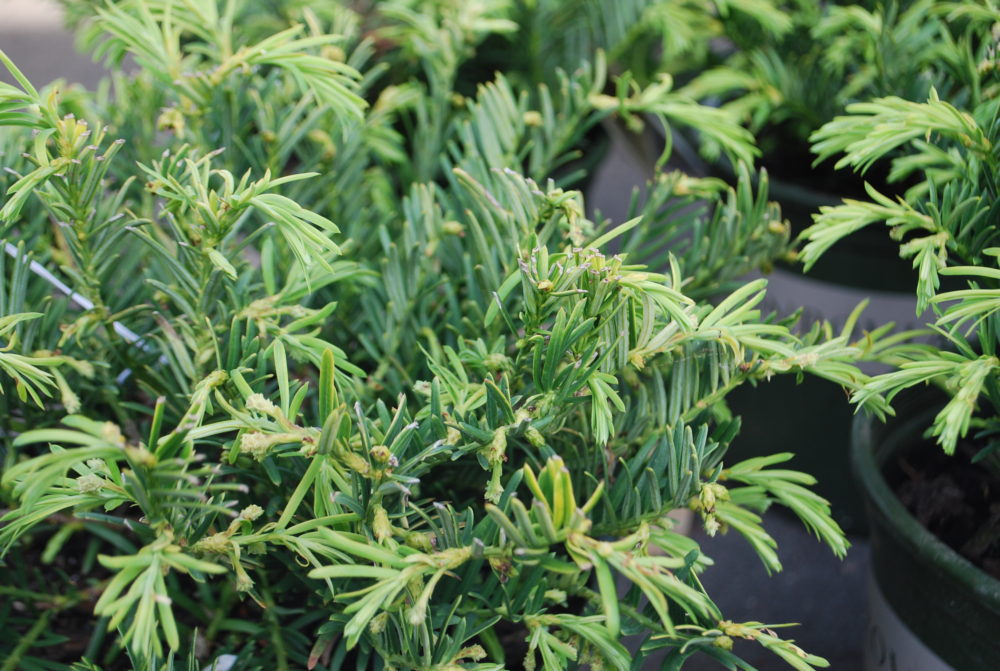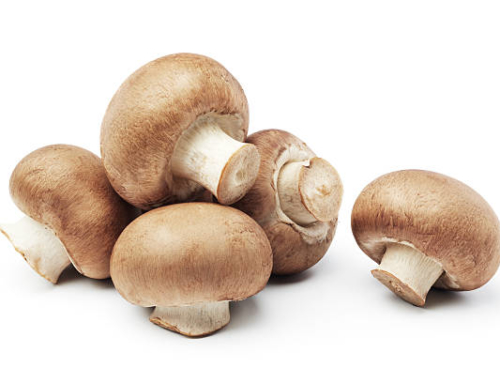If you have any reason to suspect your pet has ingested something toxic, please contact your veterinarian or one of the other resources listed:
• ASPCA Animal Poison Control Center 24-hour hotline at (888) 426-4435
• Pet Poison Helpline® 24-hour animal poison control service at (855) 764-7661
Yew

Common Name: Yew
Scientific Name: Taxus spp (Taxaceae)
The yew, commonly introduced as a landscape evergreen, is sometimes referred to as “the tree of death.” The leaves, bark, and seeds found inside the red fruit are all considered toxic. It is extremely important to prevent your pet from having access to this plant.
In the United States, the most toxic members of the yew family are the Japanese Yew (Taxus cuspidata), the English yew (Taxus baccata) and the Chinese yew (Taxus chinensis).
The yew plant is toxic to all species.
Signs and symptoms of toxicity: Death often occurs immediately. Decreased and/or abnormal heart rate, seizures, involuntary muscle tremors, aggressive behavior and difficulty breathing may be seen with subacute poisoning.
Toxic consumption: For the average-size dog, just chewing on a yew branch or an ounce of leaves could be fatal. The minimum threshold for toxicity is not known and suspected consumption should be reported immediately.
References:
– Cope RB. The dangers of yew ingestion. Vet Med 2005; 100(9):646-650.
– Osweiler, G, et al. (2011). Blackwell’s five-minute veterinary consult clinical companion. Small Animal Toxicology. [Kindle version]. Retrieved from Amazon.com
Pet Poison Control is provided free as a public service by the American College of Veterinary Pharmacists. Today we’re asking you to support us with a small donation. If you would like to dedicate your gift in honor or memory of a pet or individual, you will have that option before checkout. Your gift of any amount helps us maintain this resource and make it available to the pharmacy and veterinary communities. Thank you!





